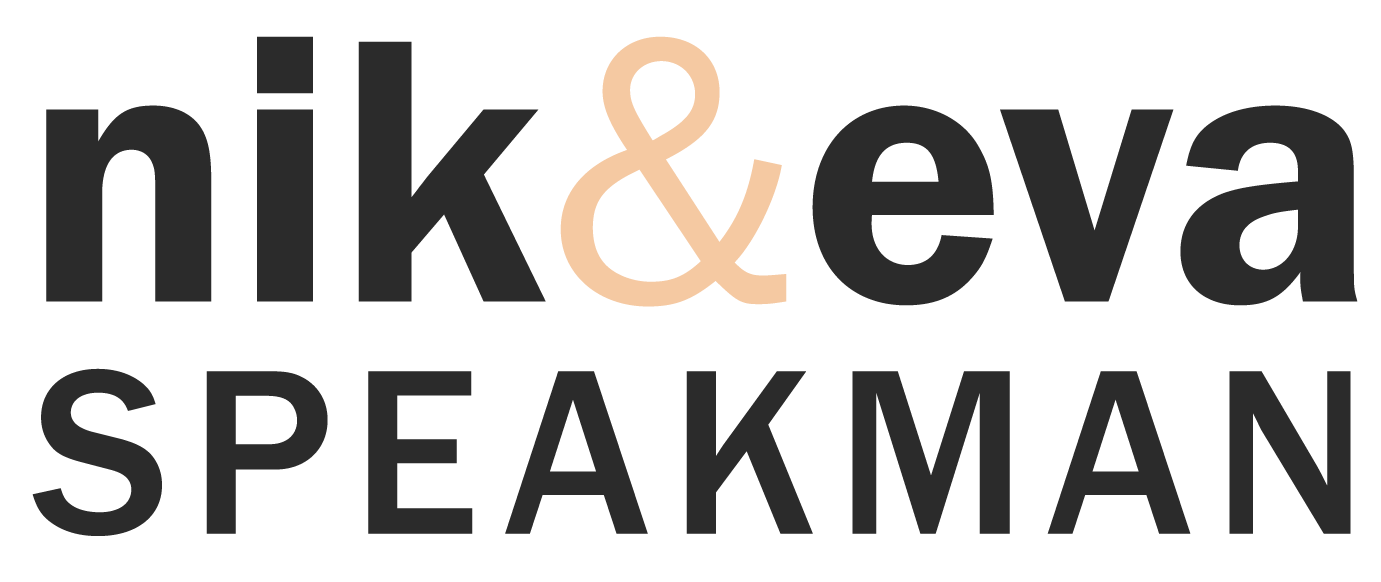Filter out distractions and improve your memory
Feeling scatterbrained?
If you’re having difficulty focusing on a good book, the nightly news, or even your spouse because the kids, pets, phone, TV, flashing e-mail, and more are driving you to distraction, don’t blame the interruptions. It turns out that a prime reason for midlife concentration lapses and late-life memory problems is an increasing inability to filter out the clutter, both human and digital distractions.
A growing stack of studies shows that although 30-something brains can focus on a topic with laser-beam precision while ignoring multiple distractions, older brains have frayed mental filters that let other information in, no matter how hard they’re trying to concentrate. It’s like looking at the world (or at least that pile of paperwork) through a wide-angle lens that also sees the unwashed dinner dishes, the beautiful sunset, the accountant’s memo, or the article you’ve been meaning to read.
American and Canadian researchers stumbled onto this concentration issue while using MRIs to scan people’s brains as they performed memory-related problem-solving tasks. Older people in the study couldn’t concentrate inside the banging, clanging MRI machines, even when wearing earplugs. Their brain scans revealed the extra mental effort used as they tried to filter out the distracting noise, tipping off researchers to the mental challenges of concentrating.
Here’s how to both minimize age-related distraction problems when you need to focus and how to put them to use when you need to think and see the big picture:
Turn off distractions
You can recapture much of your sharp focus by removing distractions when you have to do mental work. Don’t pay bills while watching TV. Turn off the radio when you’re starting an important conversation with your spouse or when you’re loading new software onto your computer.
Clear your desk, organize your house
Visual clutter can slow down your mental capacity so that decision-making takes more time and effort. Give your brain cells less to ponder by sweeping unnecessary stuff from your workspace, cooking area, computer desktop, closets, and even your car.
Turn distractibility into a mental asset
Harness your well-seasoned brain’s ability to retain lots of information by giving “multisensory learning” a whirl. That’s when you use several senses at once to enhance learning and memory. Instead of reading a long magazine article about the growing list of presidential candidates, watch an in-depth TV show about them. Getting the audio and the visual is an asset in this case.
Enjoy seeing the forest, not just the trees
Having a more flexible mental filter in place means you take in more pleasure, too. Whether you’re walking in the woods, biking on the boardwalk, or people-watching, chances are you’re noticing more than you did in your 20s and 30s. Savour it!

